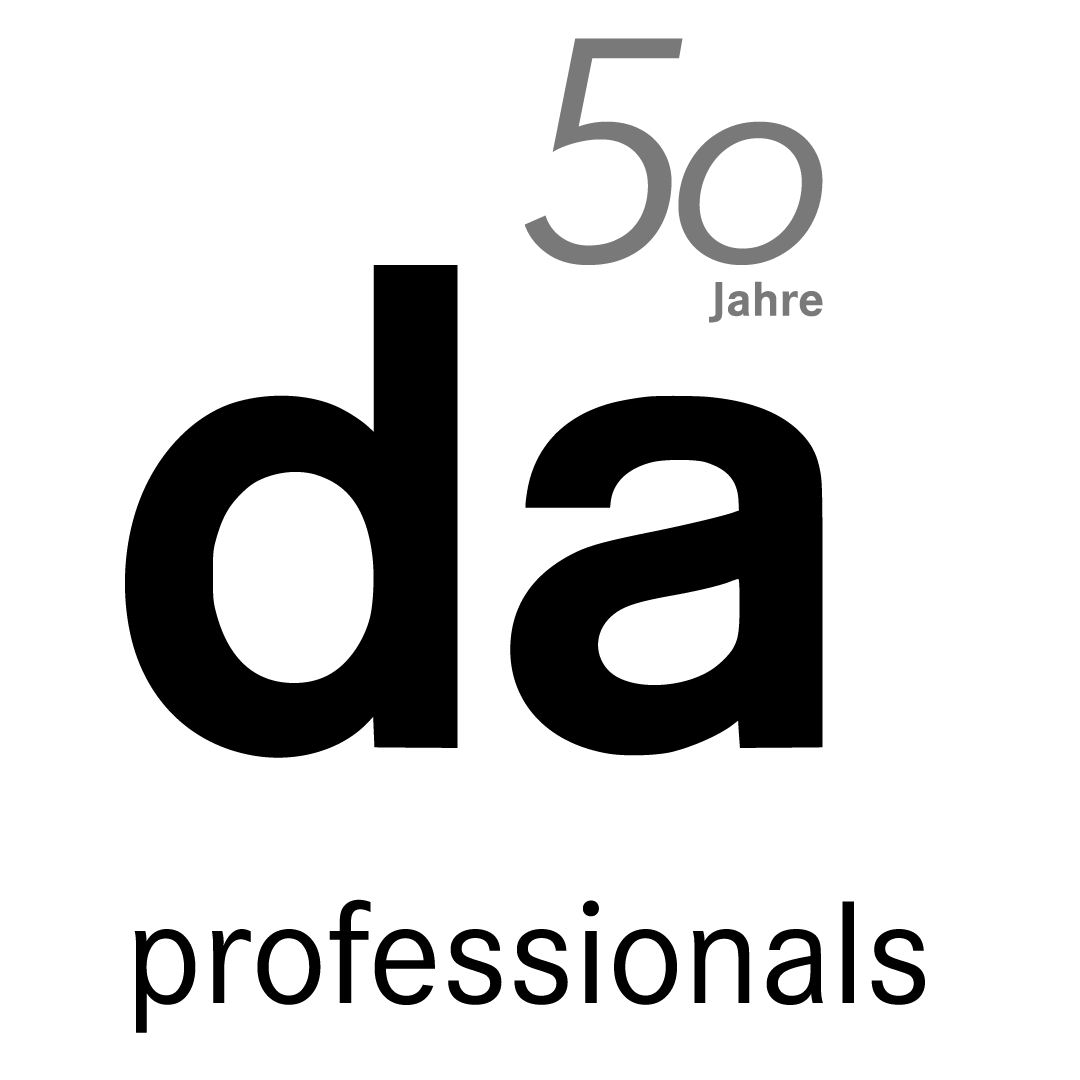What recruiting professionals look for in personnel selection

How do headhunters choose the right person for a job? We asked the recruiting professionals on our team. Here are their collected answers – and based on them, six concrete tips for candidates.
By Pamela Wolf, December 2022
You can also read this article in German.
What are the most important questions for you in the selection process?
Thomas A. Biland: I want to get to know a person in an interview and go into the interview without a checklist. I ask various questions – about motivation, availability, professional experience … and I question. Authenticity and “being humble” are important to me and that someone shows self-reflection. Here is a very small selection:
-
- Why do you want to change your job – what is the motivation?
- How do you deal with pressure and stress?
- What feedback have you heard from superiors and peers many times?
- How can I drive you up a wall – what do you have trouble with?
Or then quite unconventional questions – depending on the situation:
-
- What annoys your partner about you? What would he or she say about it?
- What would you say to yourself in the mirror?
- What would you do if money and time were not important?
Sabine Biland-Weckherlin: Of course, every conversation is individual. But the following questions are usually included:
-
- Where do you come from, where do you want to go?
- What is very important to you in your next job?
- What would you like to do without in the future?
- What excites you about this position, where are any stumbling blocks?
- How do you describe yourself?
Bernie Tewlin: In an interview, the mix of personality and career is central to me. That’s why my questions revolve around what drives people, what kind of environment they want, and how they plan to develop. Personal values are also very important: If they do not match the corporate culture, it will be difficult. Technical know-how is usually not “Rocket Science” and can be learned in parts. A selection:
-
- What drives you professionally?
- How do you see your personal development in the next few years?
- What is important to you in your professional environment?
Jeanine Meili: It’s always a mix of questions about the past, future and personality. For example:
-
- What do you need to enjoy your job?
- What do you need from your or your supervisor to be able to draw from the full?
- What did you miss about your last job?
- What brings you joy in life?
- What is your balance to work, where do you get your energy from?
What role do facial expressions and gestures play in conversation? What about in virtual meetings?
Thomas A. Biland: Facial expressions and gestures give us information that can tell us a lot about a person: How is my counterpart sitting? Is the person taking off their blazer? Do we have eye contact? Does the person answer spontaneously or does he weigh every word? Does she get to the point or does she gallop around town with her answers? In virtual conversations, nonverbal perception is not quite as detailed. Light, sound and technical conditions can cause difficulties and distort the image – both positively and negatively.
Sabine Biland-Weckherlin: Facial expressions and gestures show something about the person’s presence, their ability to concentrate and their seriousness. I find smiling, eye contact, and an approachable attitude very important! What I also notice are nervous movements, for example, or if someone is constantly smoothing their hair. In physical contact, it is easier to recognize and classify nonverbal signals. There, we see the person with his or her entire charisma. In virtual contact, we often don’t even see where a person is looking.
Bernie Tewlin: According to statistics, about 93 percent of communication is nonverbal. Thanks to many years of interview experience and a rich fund of comparisons, you notice a lot in gestures and facial expressions. In virtual conversations, it’s more difficult: In my opinion, you only perceive part of the other person, partly because some senses, such as the sense of smell, fall by the wayside.
Jeanine Meili: When it comes to gestures and facial expressions, I pay particular attention to conspicuousness and gestures that are repeated frequently. In virtual meetings, nonverbal communication is just as important, but more difficult to perceive.
What are the biggest avoidable slip-ups?
Thomas A. Biland: The biggest no-go for me is when a candidate is unprepared, hasn’t thought about why he or she fits the job, and asks questions that are easy to answer based on the job profile and the website. I also pay attention to whether my counterpart has an honest interest in the job (and not just in the money and the position), asks substantive questions, answers questions clearly, is convinced of his or her own abilities, reflects on himself or herself, is focused and – very important – has a pen and paper with him or her.
Sabine Biland-Weckherlin: Poor preparation, not having writing materials with you, not asking questions or not showing enough interest are absolute no-goes. It’s important to me that my counterpart plays with his cards on the table: If, for example, only a part-time position is an option for him or her, then I need to know that early on. And if the “fluent” English skills from the CV later turn out not to be fluent at all, that doesn’t go down well. And a small but important detail: Address the other person by name!
Bernie Tewlin: It is important to me that candidates prepare for the interview and show authentic interest. In addition, they should emphasize the positive, not put themselves too much in the spotlight, and answer questions clearly and as precisely as possible. It becomes difficult when candidates deliberately conceal something or don’t come clean until they meet the customer.
Jeanine Meili: I think it’s very important that candidates ask questions. But if all the questions at the first interview are about vacation arrangements, overtime reduction and money, then that doesn’t leave a good impression on me. Other no-gos are being unkempt and not being prepared enough for the interview.
What role does your own gut feeling play in the selection process?
Thomas A. Biland: Generally, I often notice in the first five minutes whether someone is worth considering or not. This first impression and gut feeling are the be-all and end-all and must of course be verified and questioned. To do this, it is important to ask questions – from different angles.
Sabine Biland-Weckherlin: We want to find out how our counterpart fits into the customer’s environment. For this, a gut feeling or a healthy intuition is very important. However, it can change from negative to positive – and vice versa – in the course of a conversation.
Bernie Tewlin: A decisive one! Reading off prepared interview questions is no art. But the gut feeling helps me to perceive the relevant nuances and to ask the central questions. Often, an objective analysis later confirms the existing feeling.
Jeanine Meili: The gut feeling always plays a role. But it is important for me to put this gut feeling and my first impression to the test during the interview. A good connection to one’s own gut feeling is also important for our clients, since they make the final decision.
Do you prefer to interview candidates alone or in pairs?
Thomas A. Biland: It doesn’t matter to me, both have advantages and disadvantages. One advantage of having a colleague with you is the discussion and exchange afterwards. It is important to me to create a pleasant atmosphere that brings openness and trust. That’s why, for example, I don’t like to sit frontally opposite candidates, but prefer to sit on an upholstered group and around a corner.
Sabine Biland-Weckherlin: I usually prefer to conduct interviews alone because I find that more personal. From time to time, I also find it important for two of us to be together, especially when there are uncertainties or a feeling of being disturbed. The second perspective brings even more objectivity and a safeguard according to the four-eyes principle.
Bernie Tewlin: Alone. This is the best way for me to get involved with the person, create a pleasant atmosphere and keep the conversation open.
Jeanine Meili: Alone. It should not be an interrogation. Especially in a first interview, it can cause unnecessary pressure if a candidate is sitting across from two recruiters. That’s why I always conduct initial interviews alone.
6 Tips for Candidates
What does this mean specifically for candidates? Here are six points that are particularly important to our recruiting professionals:
- Preparation. Think about what questions your counterpart might ask you, find out about your potential future employer and prepare well-founded substantive questions.
- Authenticity. Your counterpart wants to get to know you and be able to assess you. Show him who you are as authentically as possible.
- Clarity. Answer questions spontaneously, precisely and without beating around the bush.
- Transparency. Play your cards close to your chest. Communicate your wishes and availability honestly and in good time.
- Presence. Make sure you are focused, show genuine interest, listen carefully, and bring pen and paper to the interview.
- Appearance. Be sure to dress appropriately and use perfume, jewelry, and makeup sparingly.
We hope that we have been able to give applicants and other interested parties an insight into our way of working and thinking with this article and wish them every success!

